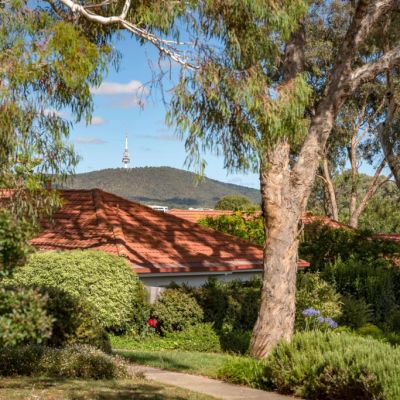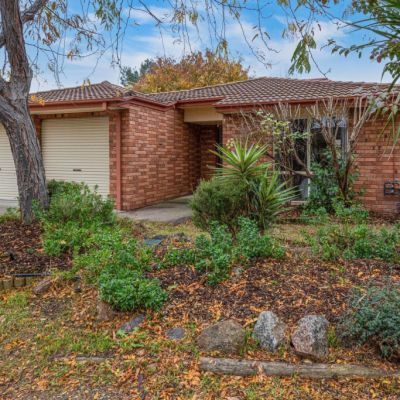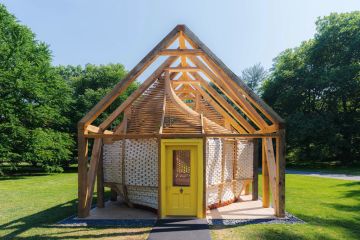The who, what, why and how of Canberra's suburb names
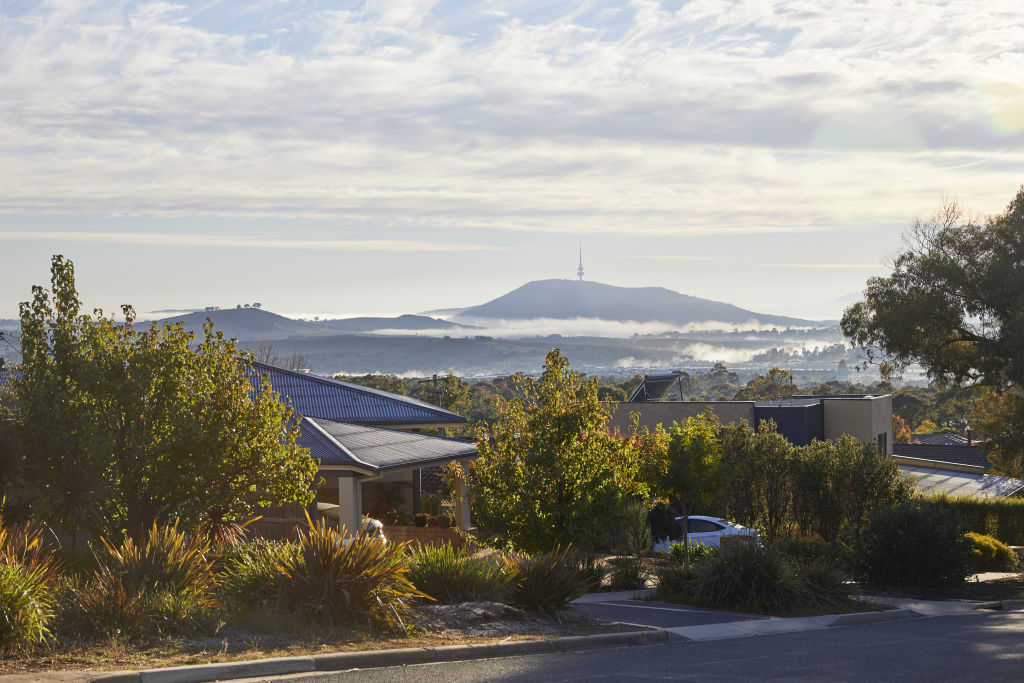
For anyone who isn’t a Canberra resident, the unusual variety of sometimes difficult suburb names can come as a bit of a shock.
When people think of Canberra, the first thing that would likely pop into their heads is Parliament House or politics. Upon face value, this is represented in the names of Canberra’s suburbs, too.
But as a proud Canberran who has lived here forever, the capital is much more than politics and your school trip to Questacon.
If you live here long enough, you’ll come to recognise suburb names and their origins.
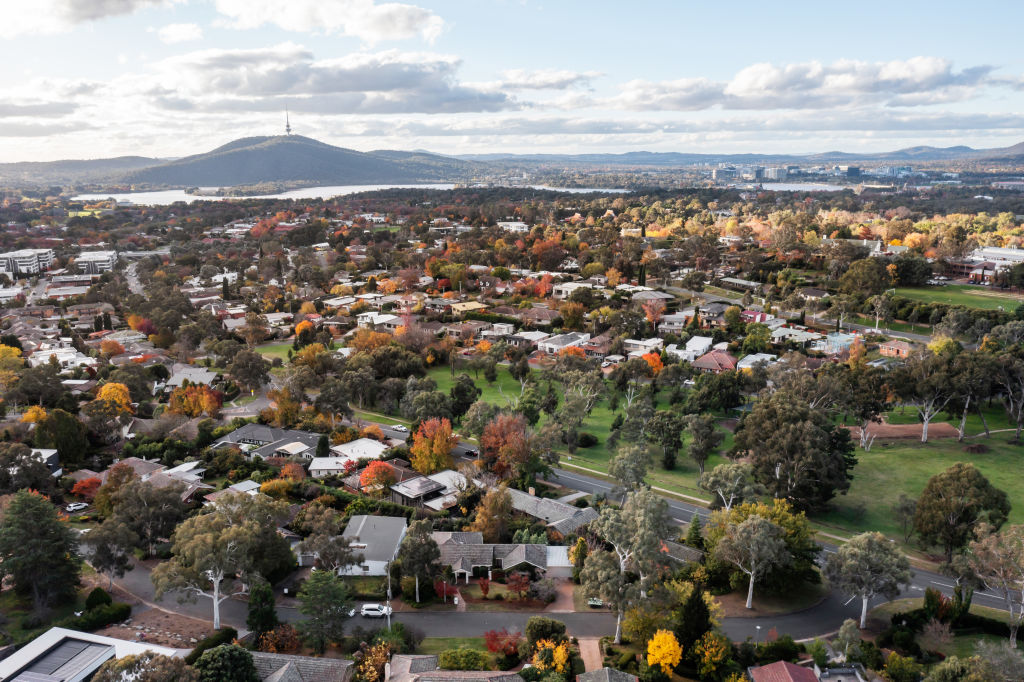
Being a planned city, Canberra’s suburb names aren’t just pulled out of thin air. But that doesn’t mean there aren’t some tricky ones to pronounce for non-Canberrans.
ANU’s School of Literature, Language and Linguistics researcher Bernadette Hince said the capital’s suburbs are named appropriately and systematically.
“Bruce, Chifley, Cook, Curtin, Deakin, Evatt, Forde, Hughes, Page, Scullin, Watson and Whitlam — these obvious [names] are politicians, and prime ministers especially,” she said.
“But there’s another suburb called Beard, which is named after a convict who came out here and took up land.
“We also have Mawson named after Douglas Mawson, a famous Antarctic explorer, and Wright named after poet Judith Wright.”
While the history of Canberra is largely connected to politics and other influential people in Australian history, other suburb names also link back to the Indigenous owners of the land.
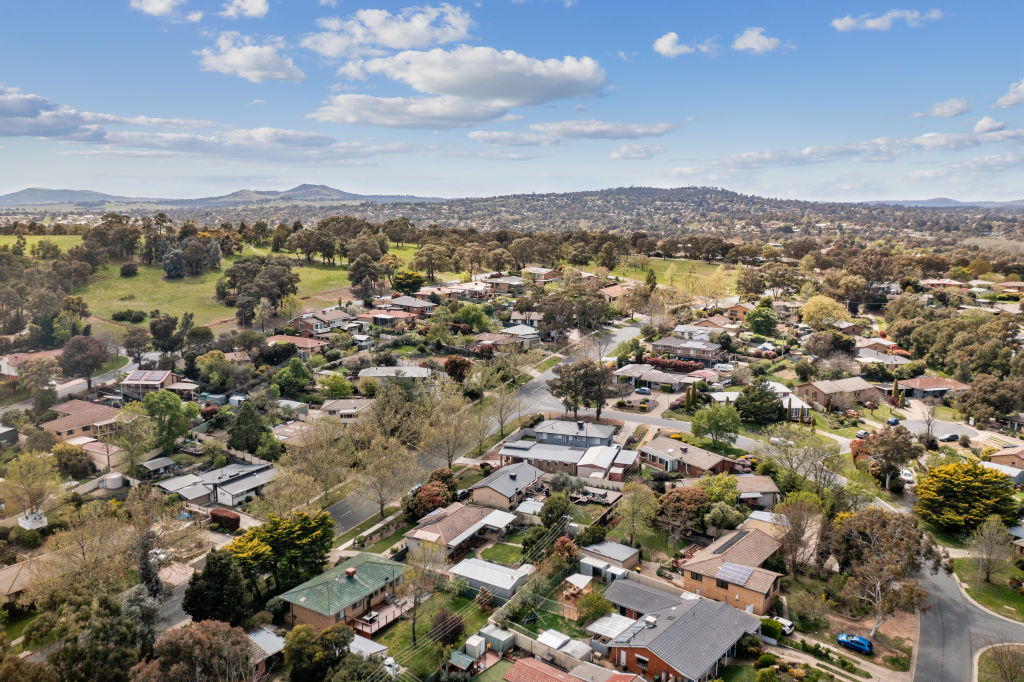
Ngunnawal, one of the more difficult suburbs to pronounce, is named after the traditional land the ACT was built upon.
“Warramanga, Weetangara, Wanniassa, Yarralumla, Molonglo; these are indigenous names for suburbs, and a lot of them we don’t know that much about,” Dr Hince said.
“Aranda is a suburb named after indigenous peoples that aren’t from this area, but central Australia instead.
“It’s a way of paying respects and acknowledging that we are by no means the first people here, which is an important thing to do.”
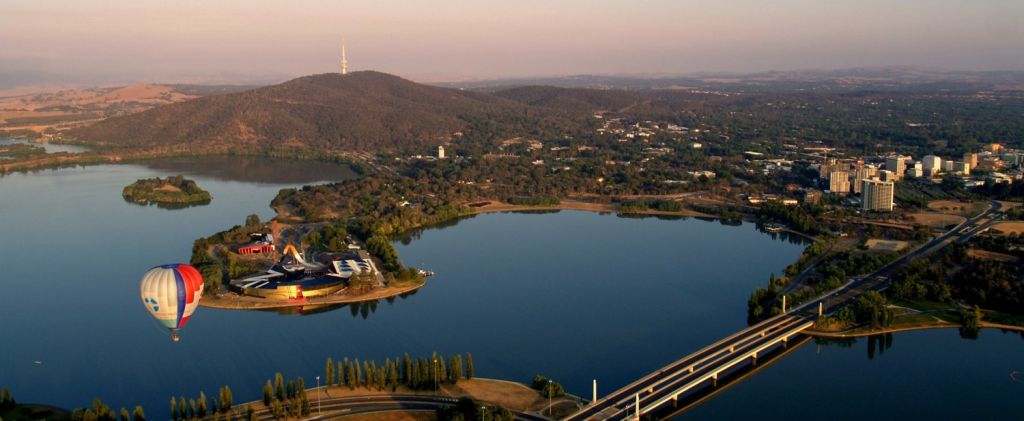
So, without further ado, here is a list of how to pronounce Canberra’s trickier suburb names.
Once you wrap your head around them, I suggest you try Suburble — a Wordle spin-off for Canberra suburbs created by ANU student Aden Power.
Yeap, you read that right; Canberra has its own online suburb game.
Here’s a list of some of Canberra’s complex suburb names:
Belconnen: This suburb name is regularly met with difficulty, but when it comes down to it, it is pronounced as it is spelt. Bel-Con-En, rather than Belco-Nen.
Bonython: Take away any Scottish influence here. This one is pronounced Bon-EYE-thon rather than Bonny-Thon.
Chisholm: Like Lyneham, the h is silent in this one. The pronunciation is Chiz-UM rather than Chiz-Holm.
Gungahlin: Watch where you extend the syllable here; this suburb is pronounced just as the spelling suggests. It’s Gun-GAH-Lin, rather than Gunga-LIN.
Jerrabomberra: As fun as it is to say, this suburb is not pronounced Jerra-BOM-berra, but Jerra-bomburra instead.
Kaleen: Rather than Kah-Leen, this one is KAY-Leen.
Lyneham: Contrary to how this is spelt, it is pronounced Lyn-UM, not line-ham.
Manuka: While this technically isn’t a suburb, it’s still a popular place in Canberra that is regularly mispronounced. Unlike the honey, this is pronounced Mah-Nah-Kah, rather than Ma-Nu-Kah.
Molonglo: This one adds an extra syllable that doesn’t look like it is supposed to be there, pronounced Mo-Long-GA-Lo rather than Mo-Long-Lo.
Ngunnawal: Named after the traditional land, this suburb is pronounced NUN-Nah-Wol.
Tuggeranong: This is a good one for the GPS to read out. Canberran’s drop a few syllables here, pronouncing this one Tug-RA-Nong, rather than Tugg-ER-An-Ong.
Wanniassa: Don’t let the a’s fool you; this one is pronounced Won-E-Assa.
Waramanga: Similar to the above, it’s Wo-Ra-Manga, not Wara-Manga.
Weetangera: This one is unusual at first but is pronounced as you expect. Wee-Tang-Ger-A is the pronunciation.
We recommend
We thought you might like
States
Capital Cities
Capital Cities - Rentals
Popular Areas
Allhomes
More
